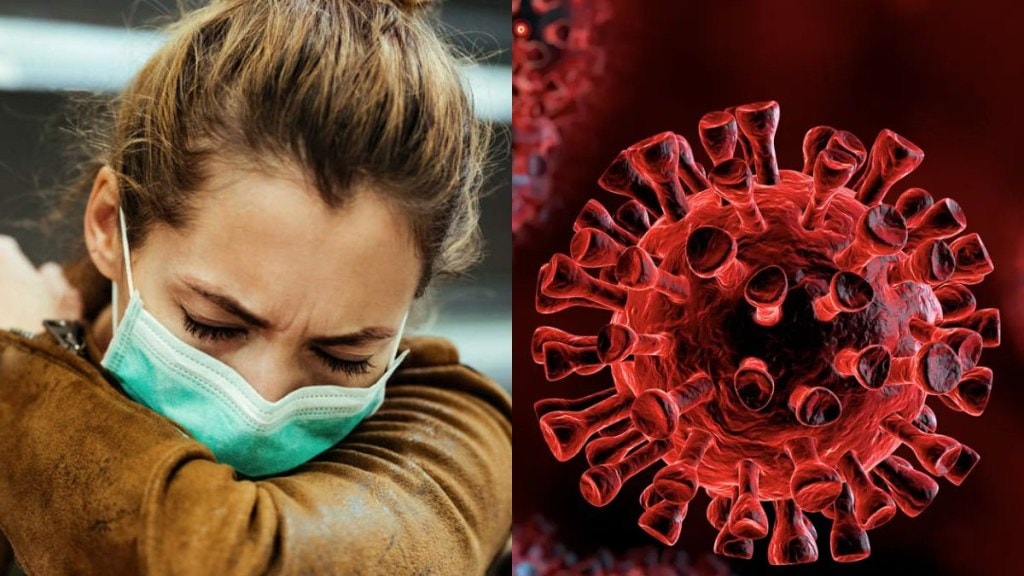COVID-19 appears to be making a gradual return in California. What was once a global crisis that halted daily life is now becoming a growing concern once again in the state.
The US Food and Drug Administration has granted approval for a newly reformulated COVID-19 vaccine developed by Pfizer and BioNTech for the 2025–2026 season.
This updated version is specifically created to combat the LP.8.1 subvariant of SARS-CoV-2, which is rapidly gaining dominance across the United States.
According to Pfizer’s August 27 announcement, distribution of the new vaccine is set to begin immediately, ensuring availability at pharmacies, hospitals, and clinics nationwide.
The formulation was adjusted under FDA guidance to enhance protection against the currently circulating LP.8.1 strain.
The California Department of Public Health has reported a rising trend in COVID-19 cases. In its latest update dated August 23, the state recorded a 12.1% positivity rate over a seven-day average, an increase of 2.7% from the previous week.
What is the LP.8.1 COVID variant?
LP.8.1 is a newly identified offshoot of the Omicron variant. This was first spotted in July 2024 and evolved from the KP.1.1.3 lineage, which is itself a descendant of the earlier JN.1 strain.
Scientists have identified six significant mutations in the spike protein of LP.8.1, including a V445R mutation. This particular mutation may increase the virus’s ability to bind more effectively to lung cells.
Public health officials, especially in California, are monitoring the spread of LP.8.1 closely.
COVID-19 Symptoms
- Fever or chills
- Persistent cough
- Difficulty breathing or shortness of breath
- Fatigue or muscle aches
- Headache
- Loss of taste or smell
- Sore throat
- Nasal congestion or runny nose
- Nausea or vomiting
- Diarrhoea
New vaccine mandate and eligibility
The governors of California, Oregon, and Washington have joined forces to establish their own set of vaccine guidelines. California Governor Gavin Newsom, Oregon Governor Tina Kotek, and Washington Governor Bob Ferguson say the collaboration will focus on providing clear, science-driven information regarding vaccine safety, timing, and effectiveness.
This move follows recent leadership changes at the CDC and controversial actions by U.S. Health Secretary Robert F. Kennedy Jr.
Unlike previous years, the newly approved COVID-19 vaccine is not available to the general public. The FDA has narrowed eligibility to individuals considered at higher risk for severe illness, adults aged 65 and older, individuals aged 5 to 64 with qualifying medical conditions.
Who should avoid the new vaccine?
Pfizer has issued safety warnings regarding severe allergic reactions. People who have experienced serious allergic responses to prior COVID vaccines or any ingredient in the new formulation should not receive the updated shot.
Typical signs of a severe allergic reaction may include:
- Difficulty breathing
- Swelling of the face or throat
- Rapid heartbeat
- Full-body rash
- Dizziness or fainting
Vaccination providers may request patients remain on-site briefly after getting the shot to monitor for adverse reactions.
Pfizer also noted that no vaccine offers complete protection, and individuals should still take appropriate precautions even after receiving the shot.

